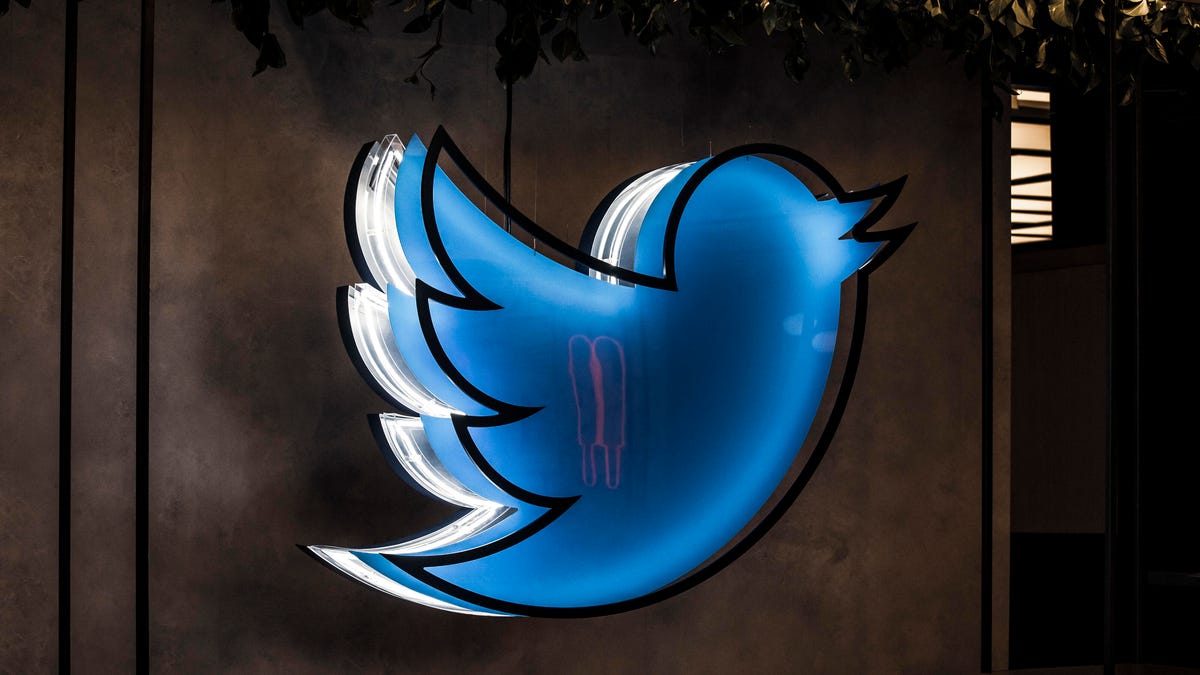Twitter filled with anti-Semitic tweets targeting Jewish Congress members, study says
The Anti-Defamation League is urging the social network to remove anti-Semitic tweets faster.

Twitter has rules against hate speech, but advocacy groups say the social network should do more.
Twitter users are posting anti-Semitic content targeting Jewish Congress members ahead of the US elections, according to a 32-page report released Tuesday by the Anti-Defamation League.
The ADL analyzed 5,954 tweets posted between July 23 to Aug. 22 directed at 30 Jewish lawmakers up for re-election. About 10% of those tweets were "problematic" because they contained anti-Semitic content. About 7% of the problematic tweets contained "explicit" anti-Semitic language such as the use of an ethnic slur, but Twitter hasn't removed those posts, according to the ADL.
"While Twitter has taken myriad steps to deal with hate speech that violates their terms of service, they're not identifying or removing this blatant antisemitism quickly enough," ADL CEO Jonathan Greenblatt said in a statement. "Twitter must enforce their rules and remove such content swiftly and consistently."
The report comes as social networks such as Twitter and Facebook are under more pressure to combat hate speech and misinformation ahead of the 2020 US elections. These sites have rules against hate speech, but civil rights groups have also been urging these tech companies to do a better job of scrubbing their platforms of offensive content.
"Anti-Semitic content has no place on Twitter and is prohibited under our rules on hateful conduct. We're encouraged that this report reflects that we're taking action and stepping up our work to protect the public conversation, but we know we've more to do. We will remain vigilant and welcome feedback," a Twitter spokesperson said in a statement.
A large amount of the tweets deemed problematic by the ADL questioned the loyalty and honesty of Jewish Congress members, portraying them as less patriotic and dishonest because they're Jewish. Other users shared misinformation about Jewish Hungarian-American philanthropist George Soros, including false allegations that he funded and organized Black Lives Matter protests and an anti-fascist protest movement known as Antifa. Problematic tweets also pushed conspiracy theories and anti-Semitic tropes.
Rep. Jerrold Nadler and Sen. Charles Schumer, both New York Democrats, were targeted with the highest number of problematic tweets, according to the study. The ADL outlined six recommendations for social media companies, including expanding tools and services for users targeted with hate, adjusting their algorithms to reduce the reach of hateful conduct, and improving the processes for classifying hate.
This also isn't the first time Twitter has been criticized for not doing enough to crack down on anti-Semitic content. In July, Twitter and Facebook-owned Instagram faced more government scrutiny after British rapper Wiley posted a series of tweets that contained insults and conspiracy theories aimed at Jewish people. Both platforms reportedly removed some of the rapper's offensive content, but British politicians criticized the social media sites for not acting swiftly enough. The ADL also released a report in 2018 that showed there were at least 4.2 million anti-Semitic tweets that were shared in 2017.

